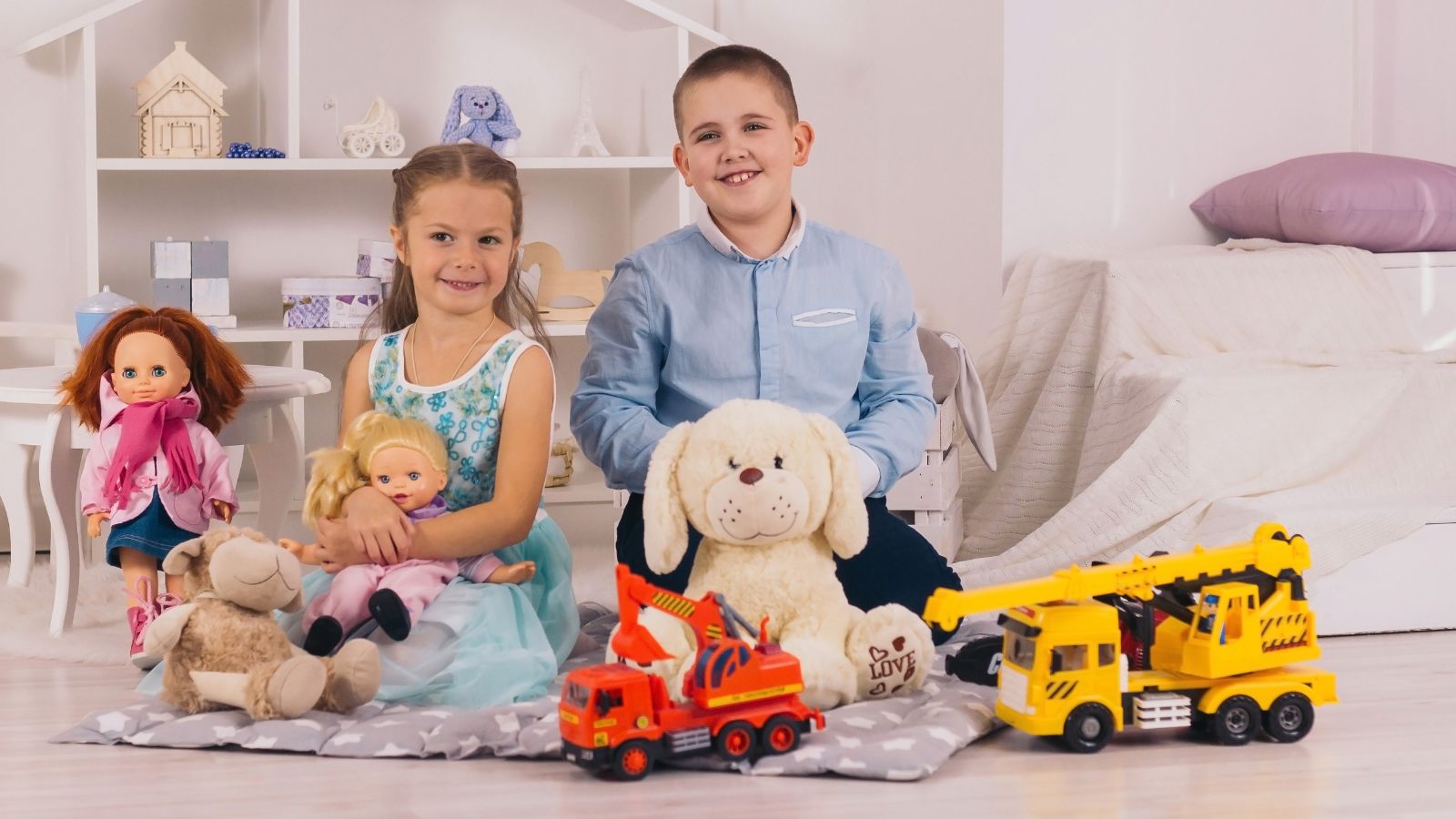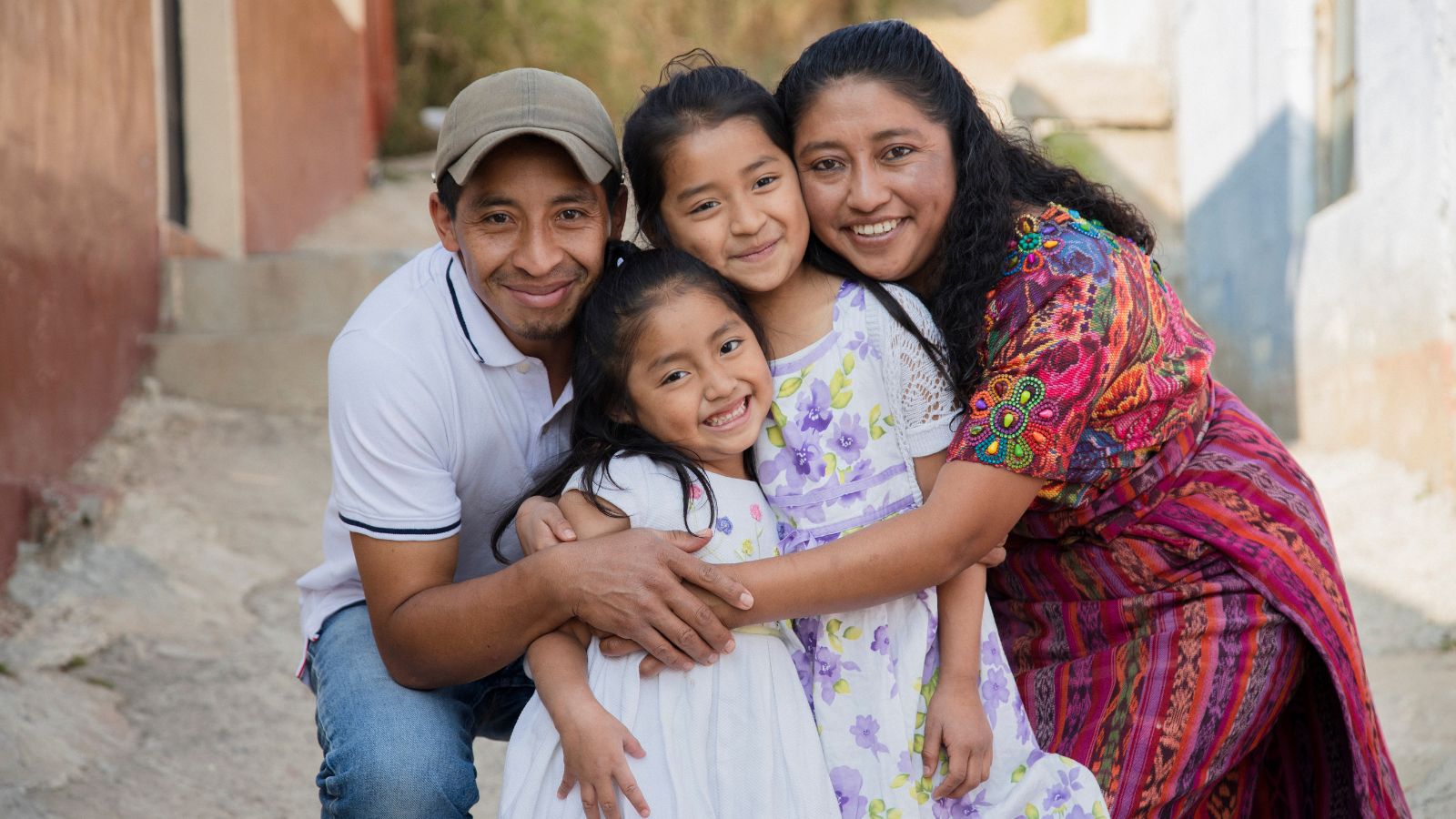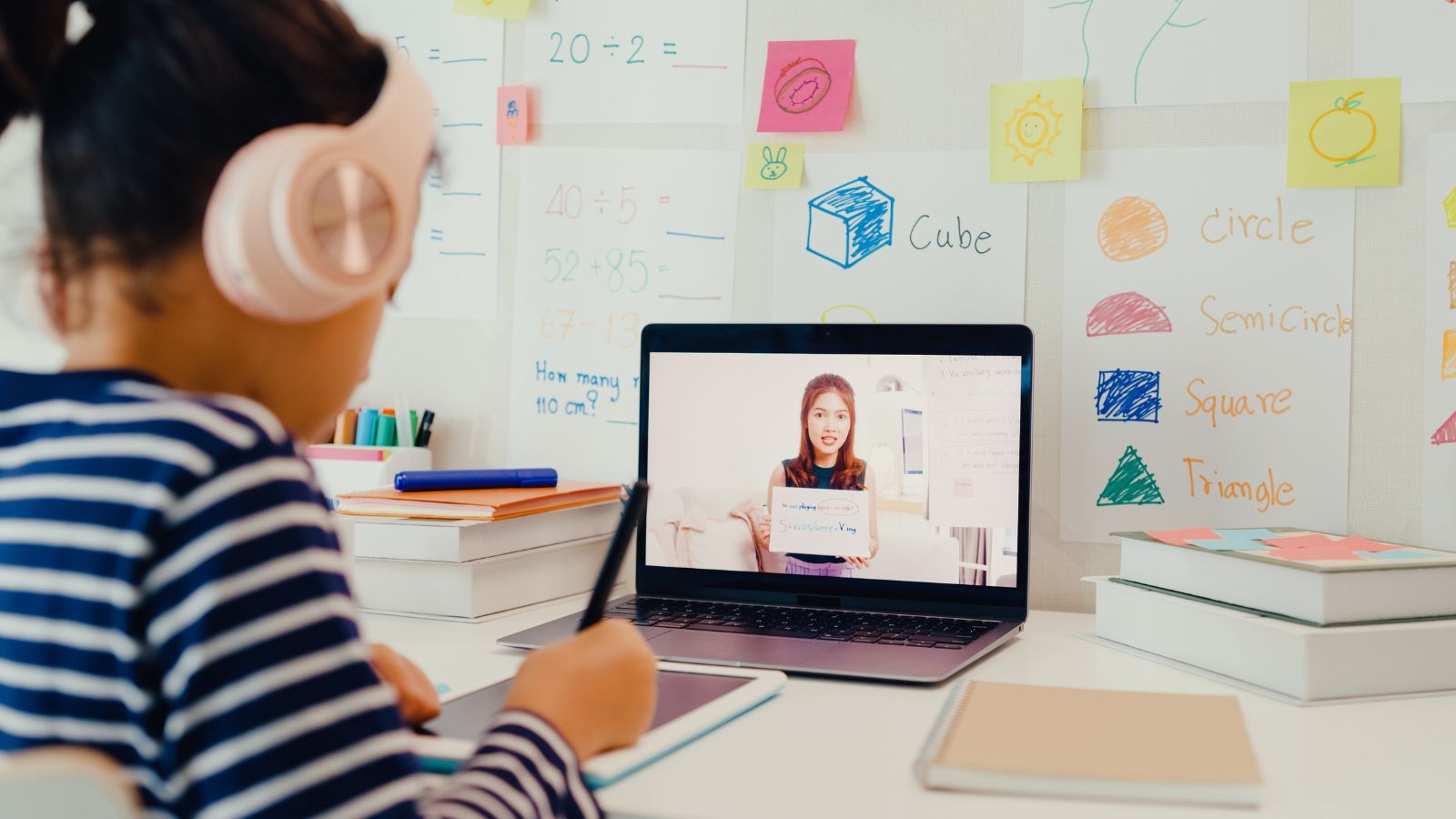Family life has always been an integral part of life for most of us. Recently, the world has seen a shift in the way families are living, whether it be culture shifts or the impact of technology. From the rise of remote work to shifting gender roles, we look at 20 trends that are redefining family life in 2024.
Remote Work Reshaping Family Time

The rise of remote work continues to transform the daily lives of families. With many parents working from home, there’s a blurring of boundaries between professional and personal lives. This shift is allowing families to spend more time together, but it’s also presenting challenges in maintaining work-life balance. Kids are now more integrated into their parents’ workday and many families are rethinking how to create distinct spaces for work and leisure.
Multigenerational Households

More families are opting to live in multigenerational homes, where grandparents, parents, and children all share a living space. Economic pressures, caregiving needs and cultural preferences are driving this trend and it’s changing the way families interact. Multigenerational living fosters stronger family bonds, but it also requires new approaches to space management and privacy.
Technology Impacts

With AI and smart home devices becoming more prevalent, parents are increasingly turning to technology to manage daily family life. From AI-powered personal assistants that help organize schedules to baby monitors that use AI to analyze sleep patterns, technology is reshaping how parents engage with their children. While these tools offer convenience, they are also raising questions about data privacy and parental reliance on tech.
Blurred Gender Roles

Traditional gender roles in parenting are becoming increasingly fluid in 2024. Many families are embracing more egalitarian parenting practices, with fathers taking on greater responsibility in child-rearing and household tasks. The rise of stay-at-home dads and the increasing number of women in leadership roles at work have blurred these conventional roles, leading to more shared responsibilities in family life.
Sustainability Becoming a Family Priority

As concerns about climate change grow, many families are making sustainability a core value in their daily lives. This includes adopting eco-friendly practices like reducing waste, choosing sustainable products and even engaging children in environmental activism. Families are also increasingly opting for plant-based diets, eco-friendly travel options and energy-efficient homes to reduce their carbon footprints.
Homeschooling Is Becoming Mainstream

The pandemic accelerated the homeschooling trend and it’s continuing into 2024. Many families are opting for homeschooling to have more control over their children’s education and to customize learning based on their interests and needs. With the availability of online resources and virtual learning platforms, homeschooling is no longer just for a niche group but a widely accepted option.
Co-Parenting Arrangements

The concept of co-parenting is evolving beyond divorced couples to include intentional co-parenting arrangements between friends or individuals who may not be in romantic relationships. This trend is redefining the traditional idea of family and offering more flexibility in raising children. Some people are choosing to co-parent without marriage, allowing for shared responsibilities and a broader support system for the children.
Virtual Grandparentin

With families often spread across different cities or countries, virtual grandparenting is becoming more common. Technology like video calls and social media allows grandparents to stay connected with their grandchildren in ways that weren’t possible before. Virtual playdates, storytime and regular video chats help maintain strong family bonds, even when physical distance is a barrier.
Mental Health Priorities

Increased awareness about mental health is reshaping parenting practices. Families are placing a greater emphasis on children’s emotional well-being, with more conversations around mental health, stress and anxiety. Schools and parents alike are focusing on mindfulness practices, therapy and emotional intelligence to help kids navigate the pressures of modern life.
Digital Detox Retreats

In response to the overwhelming presence of technology, some families are taking “digital detox” vacations or weekends to disconnect and reconnect with each other. These retreats are aimed at reducing screen time, fostering face-to-face interactions and encouraging outdoor activities. Families are seeking balance between their tech-driven lives and meaningful, unplugged experiences.
Single Parenting with Support Networks

Single parenting continues to grow, but many single parents are no longer doing it alone. In 2024, more single parents are creating support networks, both online and offline, to share responsibilities and offer emotional support. These networks provide childcare help, social opportunities and community connections, making single parenting a less isolated experience.
Wellness Activities

Wellness trends are now being embraced as family-wide activities. From practicing yoga together to engaging in family mindfulness sessions, wellness is no longer an individual pursuit but a collective family experience. Parents are instilling healthy habits in their children through shared fitness activities, balanced diets and mental health practices.
Pets Becoming a Part of the Family

Pets have always been part of family life, but in 2024, they are treated as full-fledged family members. Many families are planning vacations, daily routines and even housing choices around their pets’ needs. With more services like pet daycare, pet-friendly hotels and even pet-focused tech gadgets, the role of pets in family life has expanded significantly.
Remote Schooling and Hybrid Education Models

Just as remote work has gained traction, remote schooling or hybrid education models are becoming more common. Families now have more options when it comes to their children’s education, with a mix of in-person, remote and homeschooling options available. This flexibility allows for more family travel, customized learning experiences and a better balance between academics and family life.
Cultural Blending

As the U.S. becomes more diverse, so do its families. Multicultural families are blending traditions, languages and practices, creating a rich tapestry of cultural experiences at home. Families are celebrating multiple holidays, cooking diverse cuisines, and teaching their children about their mixed heritage, fostering a sense of inclusivity and global awareness.
Minimalist Lifestyles

Minimalism is making its way into family life as more people embrace the idea of living with less. Families are downsizing their homes, reducing clutter and focusing on experiences over material possessions. This shift towards minimalism is not just about aesthetics but about creating more meaningful, intentional living spaces that promote mental well-being and family bonding.
Financial Literacy for Kids

Parents are becoming increasingly focused on teaching their children financial literacy at a young age. Families are incorporating lessons about saving, budgeting and investing into daily life to prepare kids for financial independence. With the rise of child-friendly financial apps and online courses, children are learning essential money management skills early on.
Rise inTravel Experiences

Families are seeking travel experiences that go beyond the typical vacation. In 2024, there is a rise in family trips focused on volunteering, education, or cultural immersion. These trips aim to provide children with a deeper understanding of the world while strengthening family bonds. From wildlife conservation projects to language immersion programs, families are prioritizing meaningful travel experiences.
Flexible Family Schedules

With both parents and children navigating remote work and schooling, traditional 9-to-5 schedules are being redefined. Families are adopting more flexible schedules that allow for midweek trips, unconventional work hours and more quality time spent together. This shift has also encouraged families to rethink their priorities, focusing more on family time and less on rigid routines.
Diverse Family Structures

In 2024, the definition of family is broadening to become more inclusive of diverse family structures. Blended families, same-sex parents, single-parent households and co-parenting arrangements are all a part of modern life. This inclusivity is reflected in media, education, and policy changes, making it easier for families of all kinds to feel valued.
18 Reasons Why People Are Leaving Florida in Masses

Exploring factors that impact the desirability of living in Florida, this list delves into various challenges shaping residents’ experiences. From environmental concerns like rising sea levels to economic factors such as fluctuating job markets, these issues collectively contribute to a nuanced understanding of the state’s appeal.
18 Reasons Why People Are Leaving Florida in Masses
